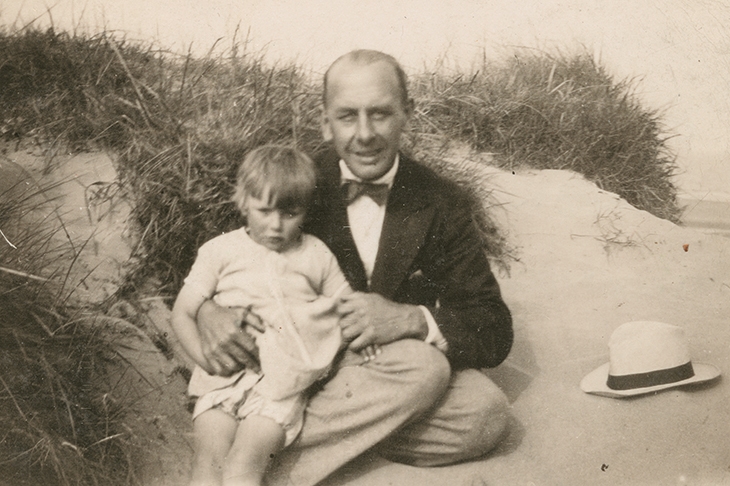At first glance, Laura Cumming’s memoir On Chapel Sands begins with what appears to be a happy ending. On an autumn evening in 1929, a small child is snatched from a Lincolnshire beach. Her name is Betty Elston and she is three years old. The girl’s mother, Veda, is happy to let Betty play on Chapel Sands, not far from the family’s cottage, keeping an eye on her from a distance. Veda’s attention wanders; when she looks back the toddler has disappeared.
Panic sets in and the police are called; Betty has been kidnapped. A few days later, however, the little girl is found safe and well in a neighbouring village, wearing a different set of clothes. She has not been harmed but she has no memory of where she has been or who took her off the sands. She is restored to her mother and father (George, a travelling salesman) and life goes on.
This seemingly happy resolution is actually the starting point of a family mystery that will last for decades; On Chapel Sands represents Cumming’s attempt to solve it. Betty Elston will grow up to be Laura Cumming’s mother.
In fact, the book is the work of two investigators and two authors. ‘For my 21st birthday, my mother gave me the gift I most wanted: the tale of her early life,’ notes Cumming. ‘This memoir is short, ending with her teenage years, but its writing carries so much of her grace, her truthful eloquence and witness, her artist’s way of looking at the world.’ Elizabeth (Betty) set it all down for her daughter and extracts from the letter are dotted throughout the book. She was 56 when she wrote the following:
Because you have asked me, dear daughter, here are my earliest recollections. It is an English domestic genre canvas of the 1920s and 1930s, layered over with decades of fading and darkening, but your curiosity has begun to make all glow a little.







Comments
Join the debate for just £1 a month
Be part of the conversation with other Spectator readers by getting your first three months for £3.
UNLOCK ACCESS Just £1 a monthAlready a subscriber? Log in